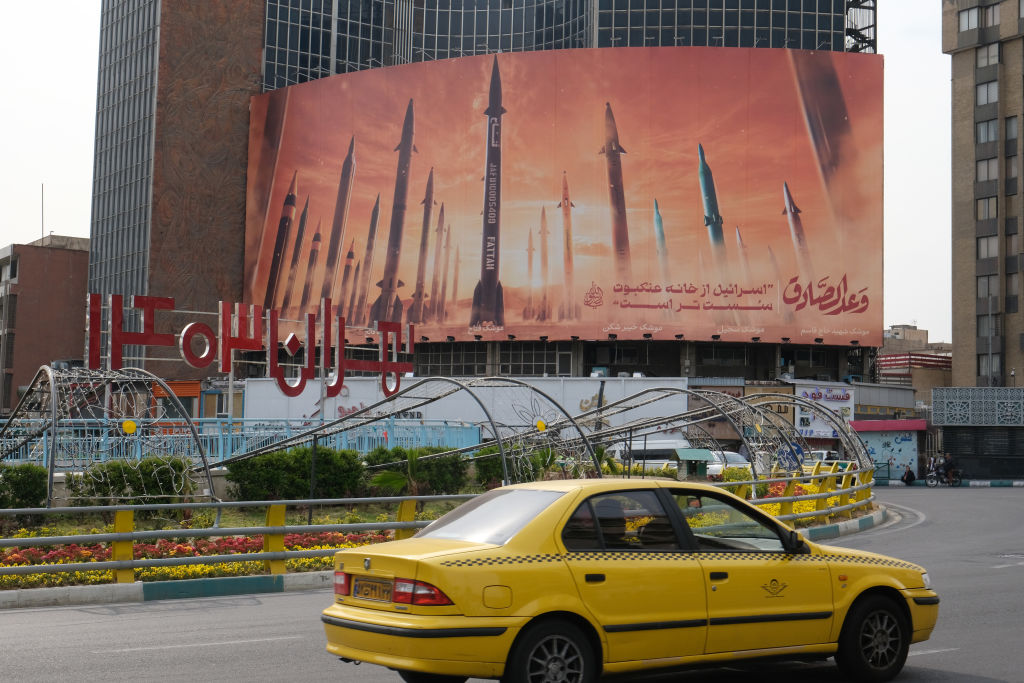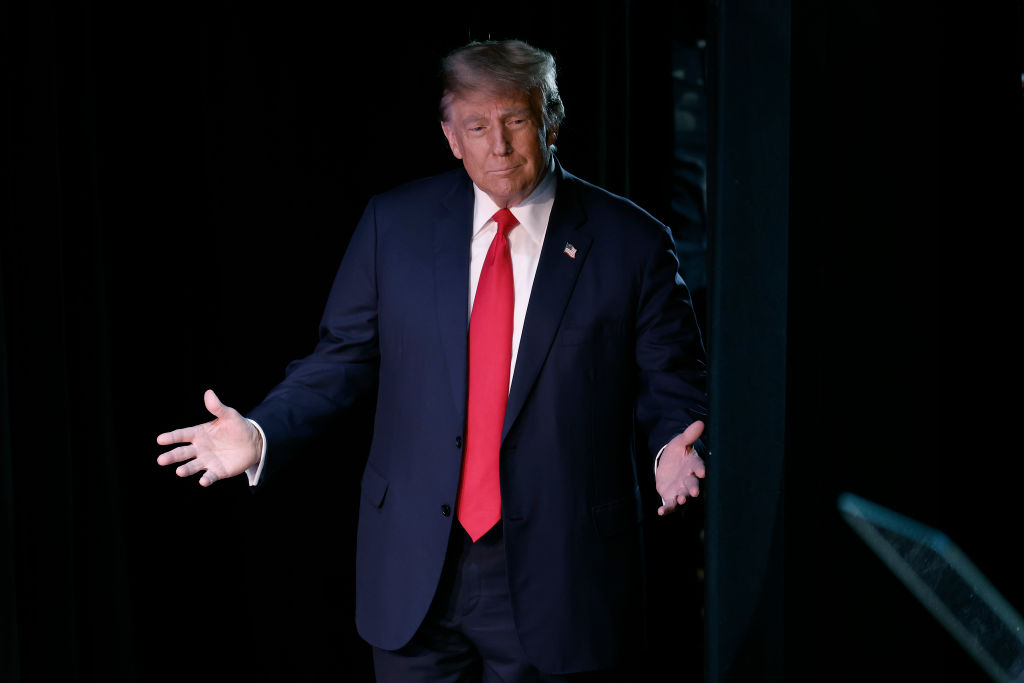As the militant Islamic threat to many Western societies steadily gained strength from increasing immigration, a high birth rate among migrants, and sustained collective fervour, I have always predicted that the country that would guide us through this challenge was France.
It has two distinct advantages. First, despite the posturings of a few British Arabist-romantics such as T. E. Lawrence, Gertrude Bell, and Wilfrid Scawen Blunt, France is by far the Western state most experienced in dealing with Arabs.
It occupied Algeria in 1830 and the coastal provinces of Algeria were departments of France itself under the Third and Fourth Republics. The French population of Algeria was approximately ten percent and in parts of that country, especially around Philippeville and Constantine, there was a French majority.
At the end of the Algerian war, though General de Gaulle found it distasteful to do so, France had no moral alternative but to accept the return of the French of Algeria and with them approximately a million Algerian Muslims who had been loyal to the French regime and risked severe vengeance if they remained under the independent Arab Republic.
This got Islam off to a flying demographic start in France and it is now approximately 5.5 percent of the French population of 60 million.
One does not need to have had a long and intimate acquaintance with France to realize that above all other things, when France’s ability to enjoy that magnificent country, its natural beauty, marvellous cuisine and wine, world-leading style and fashion, and exquisite quality of spoken and written French, is threatened by any group or entity less formidable than the German Wehrmacht in 1940, France will not long tolerate such a threat.
At such times, the often impenetrable and uncompromising logic of the French effortlessly sweeps aside all philosophical mitigations from the Rousseauite sentiments of liberty, equality, and fraternity, to the deconstruction of Foucault and other postmodernists essentially holding that whatever is contrary to the established order and custom is automatically desirable and worthy.
The thought of a serious alien disruption of what the entire French population regards as the supreme raison d’être of terrestrial life: enjoying the glories and pleasures of La Douce France, always swiftly produces an absolute consensus for resurrection of the agreeable status quo with a conspicuous absence of a traditional Anglo-Saxon fretfulness about civil liberties and gentle treatment of society’s internal enemies.
All the florid and, up to a point, eloquent testimonials to the virtues of civility and universal respect for freedom are quickly replaced by re-enactments of the masterly internal espionage of Richelieu’s Ministry of the Interior, and the timeless application of the French policeman’s nightstick (matraque).
The Sarkozy regime (2005-2010), forbade public street assemblies of more than 20 people without special licenses, required that all people be sufficiently revealingly attired so that they could be recognized and identified in public for security reasons, and placed personnel in mosques which were liable to be closed indefinitely in the event of incendiary incitements by the clergy.
Matters have reached a new level of tension with the announcement that the Muslim Brotherhood proposes to stand as an independent political party in France. The country has already been disturbed by anti-Semitic attacks, violence in schools, and lapses of immigration control, and the increasing volume of radical Islamic discourse has considerably aggravated public concern. The National Rally of Marine LePen and her protégé, the rising star of her party the 28-year-old Jordan Bardella have warned of this for years.
President Emmanuelle Macron is responding to these escalated tensions and has requested a thorough analysis from the National Defence Council on the threat to civic order presented by the Muslim Brotherhood and kindred organizations.
His hard-line interior minister, Gerald Darmanin, and a former ambassador to Algeria, François Gouyette, have been tasked with producing a comprehensive report on the threat posed by Islamist extremists in the Muslim Brotherhood in particular, and a counteroffensive strategy.
Darmanin has promised an effective response to contain and, if necessary, suppress aggressive Islamism, which he said will require “a shock” for the country. The first such shock was provided by the French courts with a recent decision that any public comment that attempts to condone the invasion of Israel and massacre of Israelis on October 7, or to represent Hamas as a legitimate resistance movement, amounts to the public approval of terrorism and is an offense that could bring imprisonment for seven years.
It has been reliably reported, though not officially announced, that French prosecutors are investigating leftist organizations and elected leftist politicians, union officials, and members of the media “for alleged approval of terrorism and incitement of anti-Semitism since October.”
France is now a profoundly secular country and its Constitution states that it “recognizes no religion but tolerates all.” But it does not tolerate minority threats against the ability of the population to participate fully in French life and to be undisturbed in the enjoyment of all that pertains to French citizenship.
Marine Le Pen appears to be following in the tradition of former presidents François Mitterrand (1981-1995) and Jacques Chirac (1995-2005) in seeking to win the presidency of the Fifth Republic after having twice run unsuccessfully for it. She now enjoys a substantial lead in the polls.
Once the threat is identified and is sufficiently credible to justify unusual measures, the argument between public order and the niceties of freedom of assembly and expression will end.
Those who would Islamize France and fundamentally change the character of that much admired and most civilized country will be treated with the severity implicit in French history in the phrase “enemies of the people.” It will not be Robespierre and the Committee of Public Safety and the Terror, but it will be Charles de Gaulle in the evenements of 1968, and a touch of Adolphe Thiers and the Paris Commune of 1871, and in the shadows, a hint of Joseph Fouché and Thermidor.
The other Western nations should watch France closely; in such circumstances as these, we may have much to learn from it.





Don’t count Meloni out, Italy’s leader is playing the long game